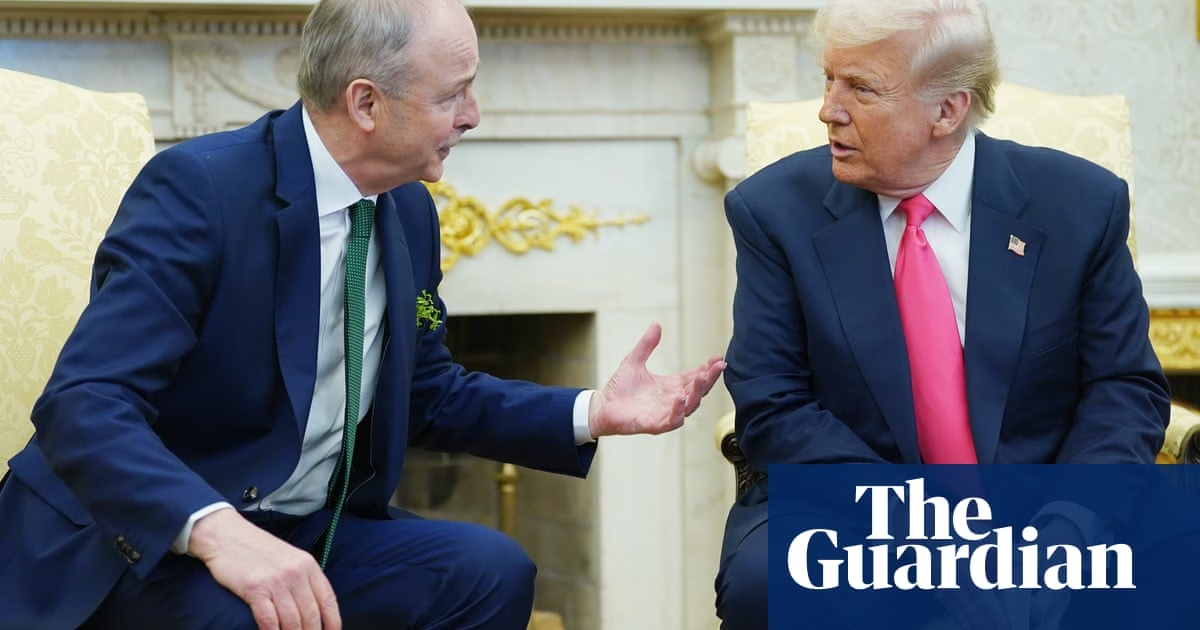The Irish government has warned that up to 80,000 jobs may be at risk if Donald Trump launches a trade war with the EU and has defended Ireland against US allegations of operating a “tax scam.”
The potential loss of jobs represents nearly half of Ireland’s multinational sector workforce, which Trump is expected to target in an effort to bring back jobs and taxes to the US. Finance Minister Paschal Donohoe stated that in the worst-case scenario, up to 80,000 jobs that would have otherwise been created or retained in the Irish economy could disappear.
The Irish government also responded to claims made by US Commerce Secretary Howard Lutnick, who accused Ireland of having a “tax scam.” The Irish enterprise minister, Peter Burke, refuted these claims, emphasizing Ireland’s compliance and transparency in taxation matters. He also pointed to Ireland’s role in leading the Organisation for Economic Co-operation and Development’s revised tax agreement, which increased Ireland’s corporate tax rate from 12.5% to 15%.
Lutnick, however, mentioned Ireland as a prime example of a country with a considerable budget surplus, despite inaccurately inflating Ireland’s actual surplus figures. In 2024, Ireland recorded a €25bn surplus, which included a significant tax windfall of €14bn from Apple, following a prolonged tax dispute.
Official government data revealed that Ireland operated a trade deficit with the US of nearly €93bn last year, despite having a trade surplus in goods of about €70bn. This deficit was largely offset by a significant deficit in services amounting to €163bn.
Trump has previously announced plans to introduce tariffs against the EU on 2 April, labeling it as “liberation day.” During a meeting with Ireland’s Taoiseach at the White House, Trump expressed his focus on US pharmaceutical companies operating in Ireland, including Pfizer and Eli Lilly.
Experts warn that potential tax changes in the US could have a more detrimental impact on Ireland’s life sciences sector than tariffs alone. While the pharma sector might not be immediately affected, other sectors could face collateral damage, with alcohol being a particular concern. Trump has threatened a 200% tariff on EU wine and champagne, which could impact Ireland’s substantial annual alcohol exports to the US.
A report by the Economic and Social Research Institute in Ireland indicated that the Irish economy could potentially shrink by up to 3.7% under the worst trade war scenario. Sinn Féin’s Pearse Doherty suggested that sectoral supports, similar to those provided during Brexit, could be necessary for businesses affected by a trade war.
Source: https://www.theguardian.com/business/2025/mar/24/trump-eu-tariffs-ireland-tax








